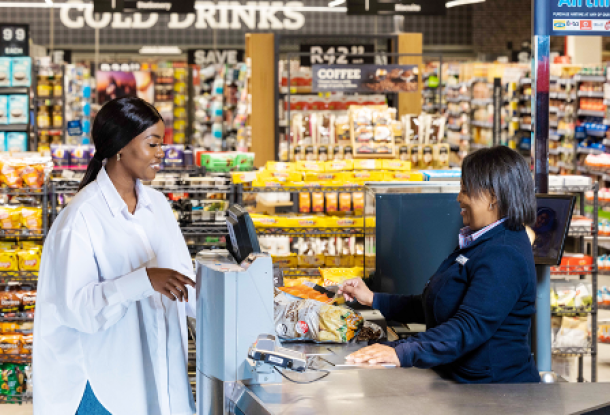Google tests grocery deliveries
Google is stepping up competition with Amazon.com and Instacart by testing a grocery-delivery service in two American cities. Picture: Google, via Associated Press
Google will start testing a delivery service for fresh food and groceries in two US cities later this year, stepping up competition with online retailer Amazon.com and startup Instacart.
The trial will begin in San Francisco and another city, said Brian Elliott, general manager of Google Express, which already delivers merchandise, including dry foods, to customers. Whole Foods Market and Costco Wholesale Corporation will be among Google’s partners for the new service, he said.
“For a lot of our merchants that have been successful with this, we’re not representing the whole store today,” Elliott said in an interview. “It’s in our incentive, as well as the merchant’s incentive, for us to help customers get the full store delivered to them.”
Google is investing in delivery services for homes and businesses as it seeks to lure more traffic to its websites. The move puts the company in more direct competition with Amazon, which has rolled out its Fresh Direct service in several US cities.
In April, a report showed the e-commerce giant was the lowest-cost among rivals in New York. Online groceries are a $10.9 billion industry in the US, and the market is expected to grow 9.6 percent annually through 2019, according to a December report by IbisWorld.
Google is also expanding next-day deliveries in the Midwest for more than 25 million potential customers in places such as Indiana, Wisconsin and Ohio. The web company already offers services in Manhattan and Chicago with Walgreen, Kohl’s and other retailers.
The fresh-food trial, which includes fruits and vegetables, is part of a move away from making deliveries from warehouses, which can add complexity and requires refrigeration, Elliott said. Giving customers more options should help to boost profit and sales, he said.
“If I’ve got to pay someone to drive the product from point A to point B, the bigger the basket size, the more revenue I’ve got to offset that cost,” he said.
* With assistance from Spencer Soper in San Francisco
News Category
- International retailers
- On the move
- Awards and achievements
- Legislation
- Wine and liquor
- Africa
- Going green
- Supplier news
- Research tools
- Retailer trading results
- Supply chain
- Innovation and technology
- Economic factors
- Crime and security
- Store Openings
- Marketing and Promotions
- Social Responsibility
- Brand Press Office
Related Articles
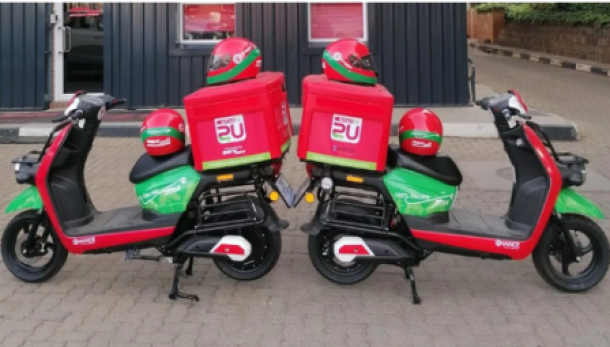
Two local businesses see a gap as food and groc...
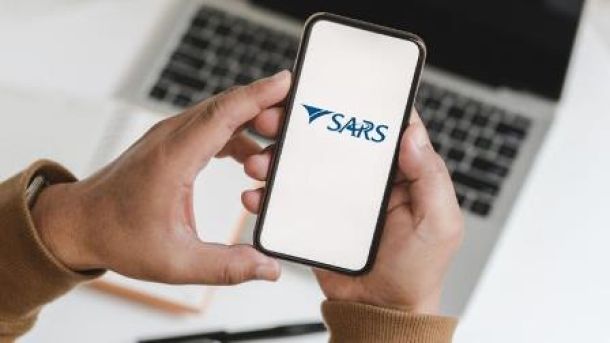
SARS launches WhatsApp channel to help check ta...
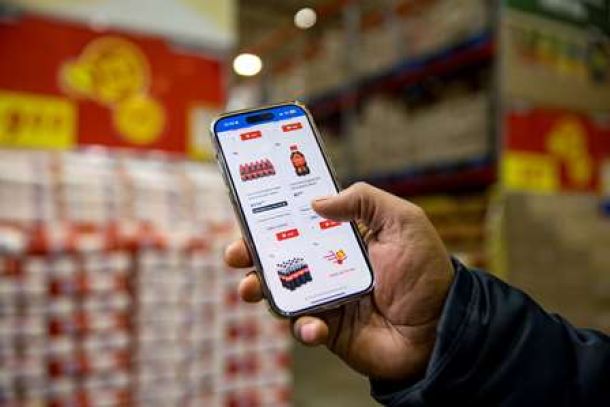
Shoprite launches online shopping and bulk deli...
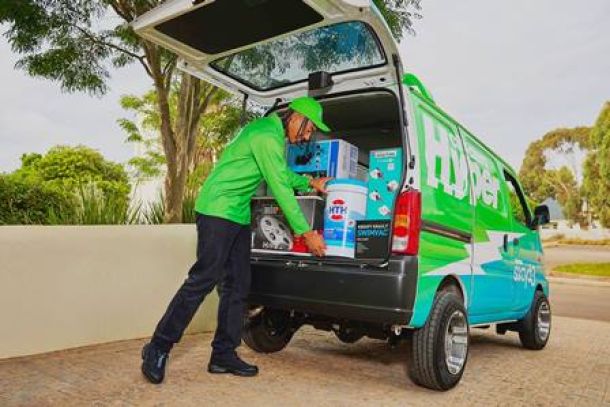
Sixty60 promises lightning-fast delivery of 10 ...
